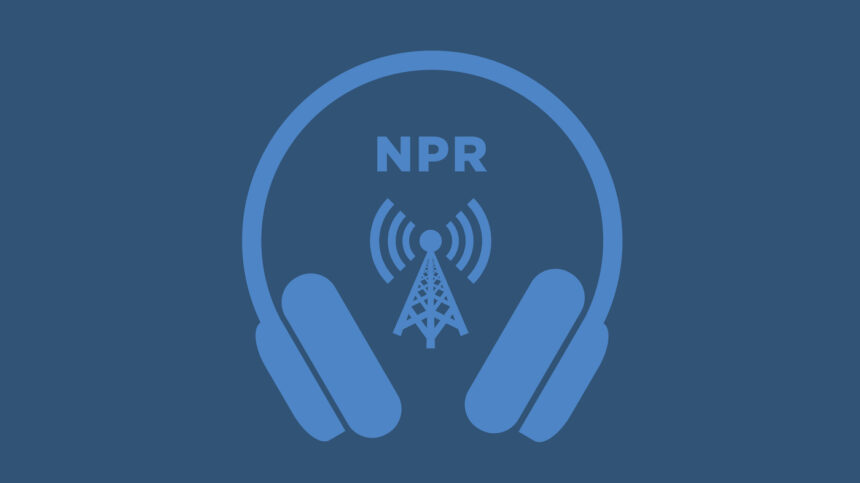In a notable shift within the cryptocurrency landscape, Tether, a prominent player in the stablecoin market, is making significant strides toward expansion in the United States. Historically, the company’s controversial background has raised eyebrows among industry experts and potential regulators alike, particularly during the Biden administration when attempts to broaden their U.S. footprint faced obstacles due to regulatory uncertainties.
Recently, Tether CEO, Paolo Ardoino, celebrated the launch of the firm’s first U.S. subsidiary at an event in New York City, signaling a new chapter for the company. As he addressed a crowd of Wall Street and crypto executives, Ardoino underscored the milestone as a pivotal moment for Tether, which has emerged as a major force in stablecoins—cryptocurrencies designed to maintain a stable value against the U.S. dollar.
Tether operates by converting fiat currency into stablecoins, allowing users to transact seamlessly in the digital economy. While Tether’s services have been successfully utilized in various global markets for everyday transactions, their availability in the U.S. has remained limited until now. Ardoino highlighted the potential of Tether to provide financial services to the unbanked and underserved populations, emphasizing the importance of integrating these individuals into the modern financial ecosystem.
Despite Tether’s impressive revenue—reportedly exceeding $13 billion last year—its history is marred by regulatory scrutiny and accusations. Reports surfaced regarding federal investigations into potential violations of anti-money laundering statutes and concerns over the use of Tether in transactions involving sanctioned groups. Additionally, Tether has faced legal challenges related to the transparency of its reserves.
Mark Hays, a representative from Americans for Financial Reform, raised concerns about welcoming a company with Tether’s track record into the U.S. financial system. He warned that the crypto community should be cautious about the implications of Tether’s expansion, given the company’s history of regulatory challenges, including previous settlements with U.S. regulators regarding accounting practices.
However, with recent changes in the regulatory landscape allowing for greater clarity in stablecoin oversight, Tether is positioning itself to capitalize on new opportunities. Ardoino has been engaging with lawmakers and even met with former President Trump in an effort to counteract the negative narratives surrounding Tether and to assert their legitimacy as a leader in the crypto market.
As Tether charts its course for U.S. expansion, industry watchers will be closely monitoring how it navigates regulatory landscapes and addresses concerns about its operational practices. The outcome of Tether’s plans could have significant ramifications, not only for the company itself but for the broader cryptocurrency market in the United States.






